Spring 2017
in this issue
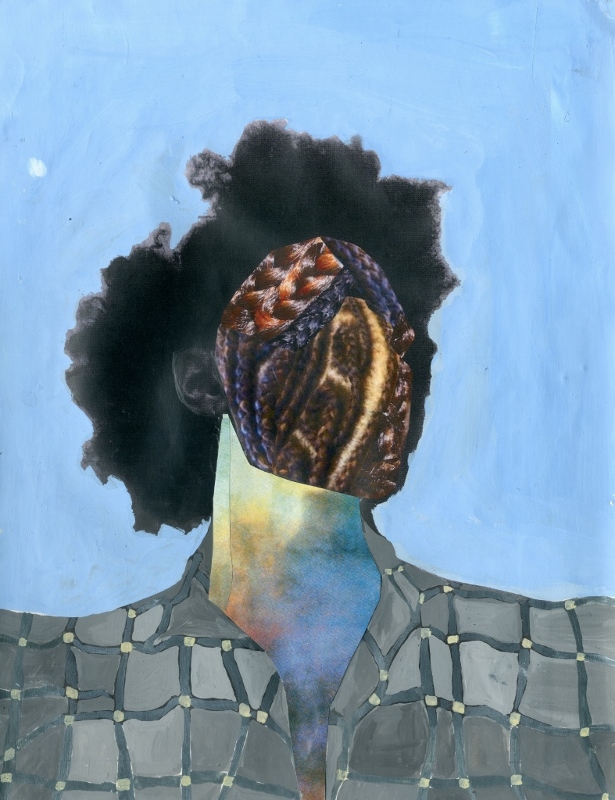
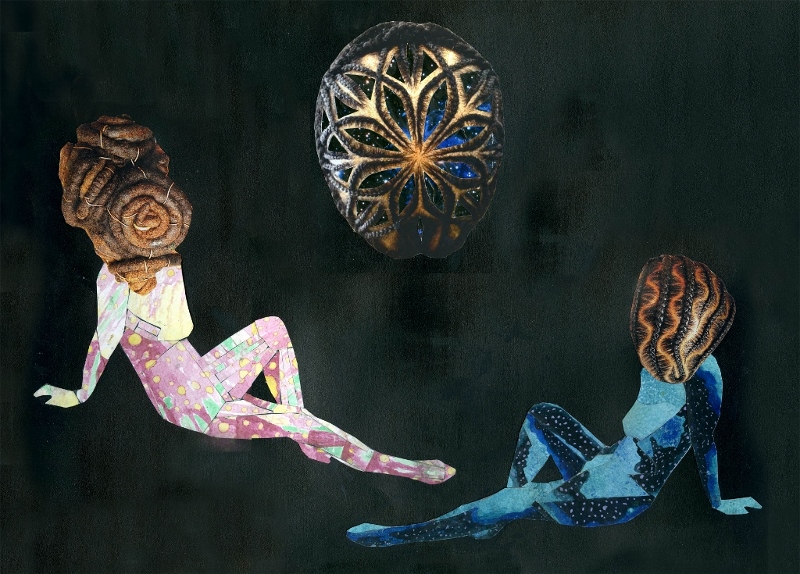
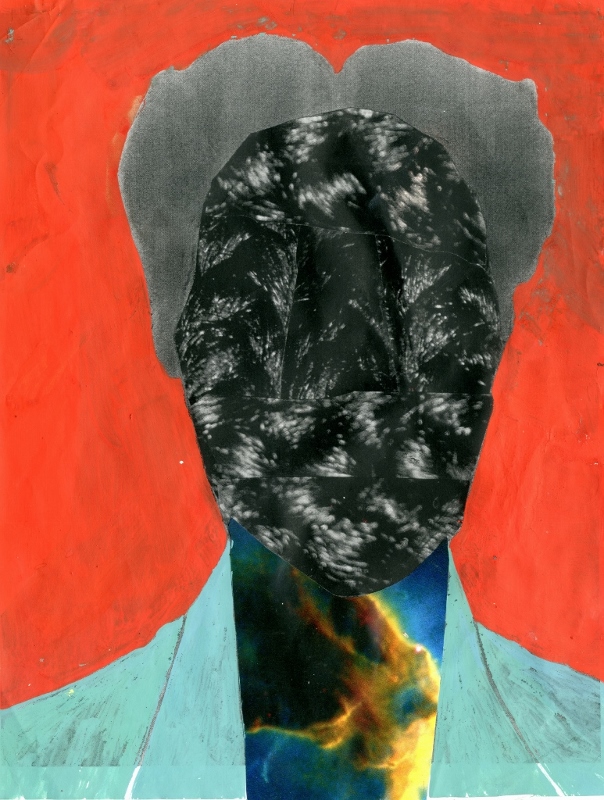
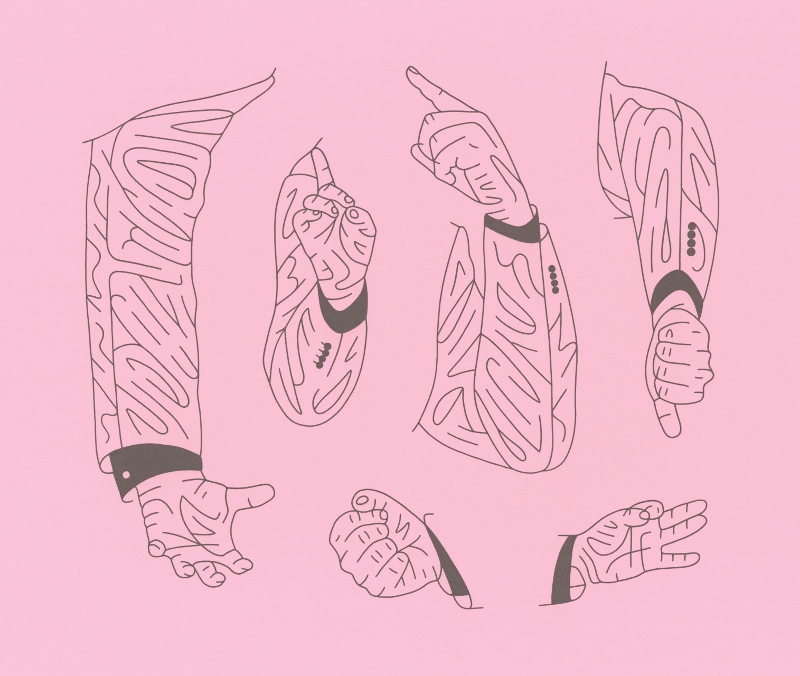
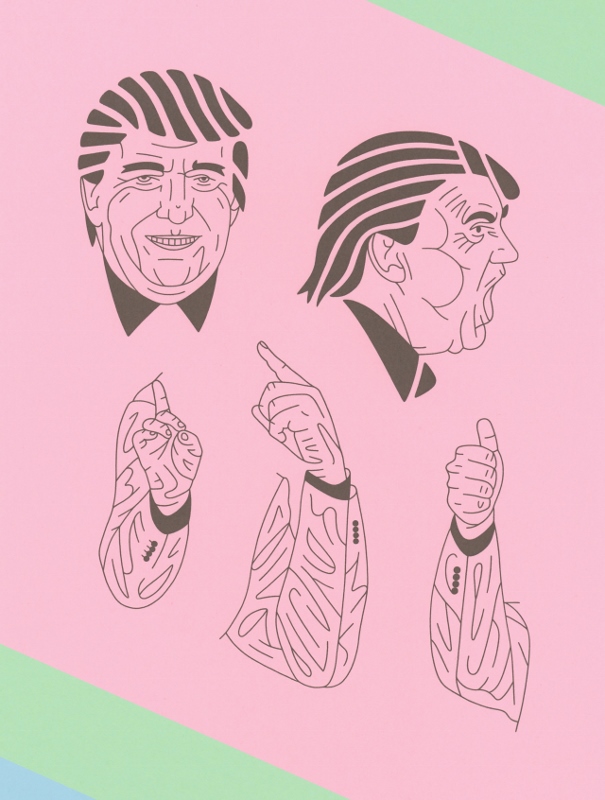
Listen to Rigoberto González reading "The Soldier of Mictlán," an excerpt from his book Unpeopled Eden (Four Way Books, 2013), and given as part of his keynote address at the 2017 University at Albany English Graduate Student Organization Conference:
editor's Introduction
The old adage show, don’t tell has always rubbed me the wrong way. The basic premise behind the notion is that good writing will allow its imagery to show the reader a story, rather than incessantly spelling things out. As an instructor of creative writing, I know how helpful this phrase can be to a student just learning how to express herself on the page. Yet when I came to creative writing in an academic setting, I had come from a spoken word and Hip Hop background and never felt as though I needed to shy away from saying exactly what was on my mind. In the world of academic creative writing, it often seemed that the best writing was supposed to obscure its meaning. In this regard, it felt as though show, don’t tell served as a blurring tool, smudging any overt messages out of a piece of creative writing. It was hard for me to not feel as though show, don’t tell was code for don’t be too political. Of course this conclusion is overly simplistic at best, if not downright counterproductive, because the truth is oftentimes an image can say a thousand political statements. Still, I wonder if a good writing guideline can be misconstrued as an absolute and, as a result, transform from helpful advice to unassailable edict.
It was with this conundrum in mind that I began a conversation with the staff of Barzakh about our hopes for this year’s issue. I was happy to hear that they wanted to see an issue that didn’t shy away from positioning itself as a call for resistance. From this understanding, we were able to put out a call for: “works that actively engage with global and local crises and the acts of resistance/pushback that have galvanized in response to them.” We were also able to find justification for such a call within the original mission of Barzakh, to “define ourselves as an ‘isthmus,’ a space of crossings and connectivity, between histories, articulations, and media.” We found that we could both uphold tradition and provide a space for pushback against a hostile world, a convergence that suited my desire to challenge the conception of show, don’t tell as orthodoxy.
The result is an issue that doesn’t shy away from speaking out, writing that is not afraid to tell. Ideally, the forum we have created with this issue embodies the best of showing as artistic practice and telling when straightforwardness is most necessary, show AND tell. Such a creative bargain seems more indicative of the way art should make its way into the world, reflecting the nuances of a multifarious society. And all of this was conceived before we had imagined that we would confront a Trump presidency. In this regard, our call acknowledges the enduring need for resistance regardless of political circumstances while finding itself front and center, in a world under more acute pressure, speaking truth to power in a time where anything less will simply not do. As bombs paid for by our tax dollars fall in Syria, as this introduction is being written, these words are here to serve as counterbalance to forces that seek to destroy.
We are so profoundly honored to have literary heavyweights join us in this issue and in our call to resistance: Alicia Ostriker, Rigoberto González, and Adrian Matejka. And we are equally enthusiastic about showcasing the cutting edge talent of up and coming writers like: Jonah Mixon-Webster, Donald Quist, and Patricia Killelea. And we are most thrilled to host the work of many writers and artists in this issue who are at the earliest stages of their careers. In our estimation, this issue reflects a wide range of literary and artistic expression, while harnessing this talent to act as both witness and rebel in uncertain times.
Such a production could not be possible if not for the dedicated work of our fearless staff. Special thanks to former editors Mari Christmas and Joshua Keller; intern Mechel Shelton; reader and the true boss of this operation, Stacie Klinowski; managing editors/miracle workers/technological lifesavers, Kennedy Coyne and Janna Urschel; non-fiction editor and always sunny, Nikki Cosentino; poetry editor and not-a-hater, Laurin DeChae; and fiction editor/Punk for life, Ben Nadler.
On behalf of the entire staff, we would like to thank our two supportive and thoughtful faculty advisors Jill Hanifan and Michael Leong; the English Department, Graduate Director James Lilley, and our department chair Glyne Griffith; the entire staff at the New York State Writer’s Institute; Dean Wulfert from the College of Arts and Sciences; and the Office of the Vice President for Research for granting us a 2016 Journal Support Award. Without the support of all of you, this artistically sophisticated and intellectually engaging issue of Barzakh would not have been possible.
Lastly, on behalf of the entire Barzakh community we would like to thank you for taking the time to read this issue and for sharing in the wonderful work contained herein.
Sincerely,
Victorio Reyes
Editor-in-Chief
Barzakh Magazine
